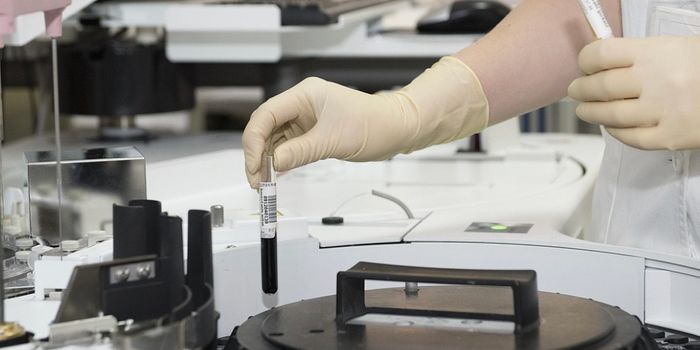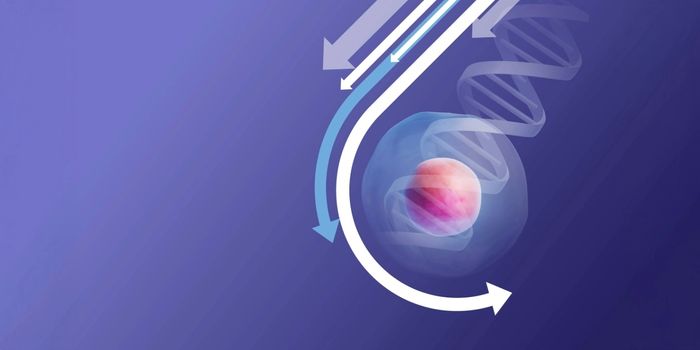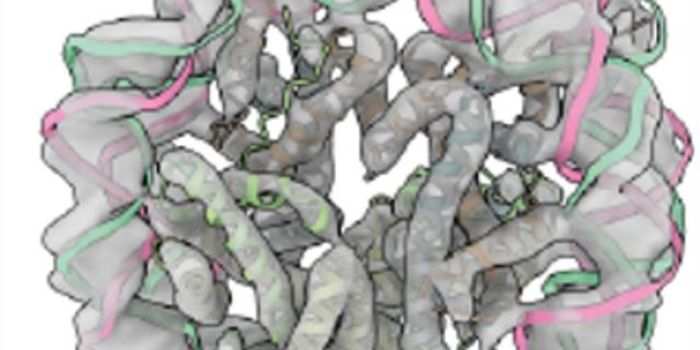Researchers have developed a genetic screening that will assess a person's predisposition to obesity. For years, researchers knew that a contributing factor to obesity is genetic. The Genetic Investigation of ANthropometric Traits (GIANT) consortium pooled DNA to analyze single point changes in DNA samples, called single nucleotide polymorphisms (SNPs). The investigation focused on location within the genome of these mutations. The screening resulted in 97 regions where a variety of SNPs occur in obese subjects, and consistent in non-obese subjects. Surprisingly, many of these regions are involved in neural signaling and other signal receptors throughout the body.
The test works by sequencing DNA, ideally from a young subject, and aligning it with this database of 'at-risk' regions. The test will conclude how similar the subject's DNA is to the DNA of people who are obese. Based on this knowledge, the patient and doctors can monitor the patient's diet and other related diseases such as high blood pressure.
Source: Education Testing Solutions, LLC.
The genetic screen does not assess whether or not the patient will become obese, only how susceptible they are to becoming overweight. Genetic predisposition is shaped like a normal bell curve, meaning if everyone on earth ate the same thing, 50% of people would weigh around average weight, and half the population would fall either above or below average. This genetic screen explains where, on the bell curve, someone is. Researchers hope that this genetic screen can be used on very young subjects to prepare patients on the edges of the bell curve with diet supplements and health monitoring.
Source: GenomeWeb









